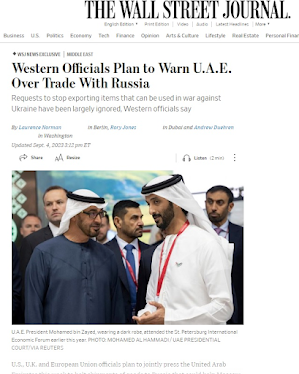
A fatwa spurred the boycott of Israel's supporters in Indonesia
Solidarity marches in Indonesia, like other countries of the world, carry many messages that are reflected in the behavior of the solidarity activists, the most prominent of which is the boycott of companies related to Israel, or that have explicitly announced any forms of support or sympathy within Israel.

The fatwa - which came in 9 pages - requires that zakat and alms funds be directed to support the struggle of the Palestinian people to gain their independence in the face of Israeli aggression, and prohibits any support for Israel or any party that supports it, even by opinion or influence to buy products that support it, according to the text of the fatwa.
Supporting fatwas were also issued, including those issued by the Issues Research Committee of the Nahdatul Ulama Association in West Java, which saw the boycott as imposing kifaya in solidarity with the people of Gaza, and as weakening the economy of the occupation and those who have a relationship with it.
The Indonesian Ulema Council did not issue any lists of companies to boycott. More than one list of products that were called for to be boycotted was spread by activists and tweeters, and not by any official body or specific institution. The Secretary of the Fatwa Committee of the Indonesian Ulama Council, Miftah al-Huda, said that his council is not authorized to issue such Those lists.
Vice President of the People's Consultative Council, Dr. Hidayat Nur Wahid, supported the fatwa of the Indonesian Ulema Council, and suggested that legislation be passed to boycott Israeli products, in light of their committing crimes against the Palestinian people, to be a legal basis for the boycott, and to confirm Indonesia's position towards Palestine and the occupation.
Nour Waheed called for the establishment of a body concerned with this matter that would collect information and be an information reference for everything related to the boycott, and who should be boycotted based on the relationship with Israel and its aggression, and the activities of those companies inside the country.
Indonesian-based media outlet Republik reported on Saturday that Indonesian advocates are calling for a boycott of Israeli-linked products due to the ongoing genocide in Gaza.
The call for a boycott was initially launched by human rights groups in both Indonesia and Malaysia and gradually grew to garner support from various political parties, the outlet said.
The list reportedly includes companies such as Coca-Cola, Starbucks, McDonalds, KFC, Nestle and IBM.
"We in the House of Representatives encourage this boycott movement of Israeli products to become the official stance of the Indonesian government to be followed by all businesses and society," a member of the country’s parliament, Amin Ak, told Republika on Wednesday.
Advocates of the boycott are urging individuals to opt for locally-made products over Israeli-linked ones.
"That would be a good moment to strengthen the tightening of the flow of imported goods, especially imports of some products," said a senior official at the Indonesian Industry Ministry, Putu Juli Ardika.







































